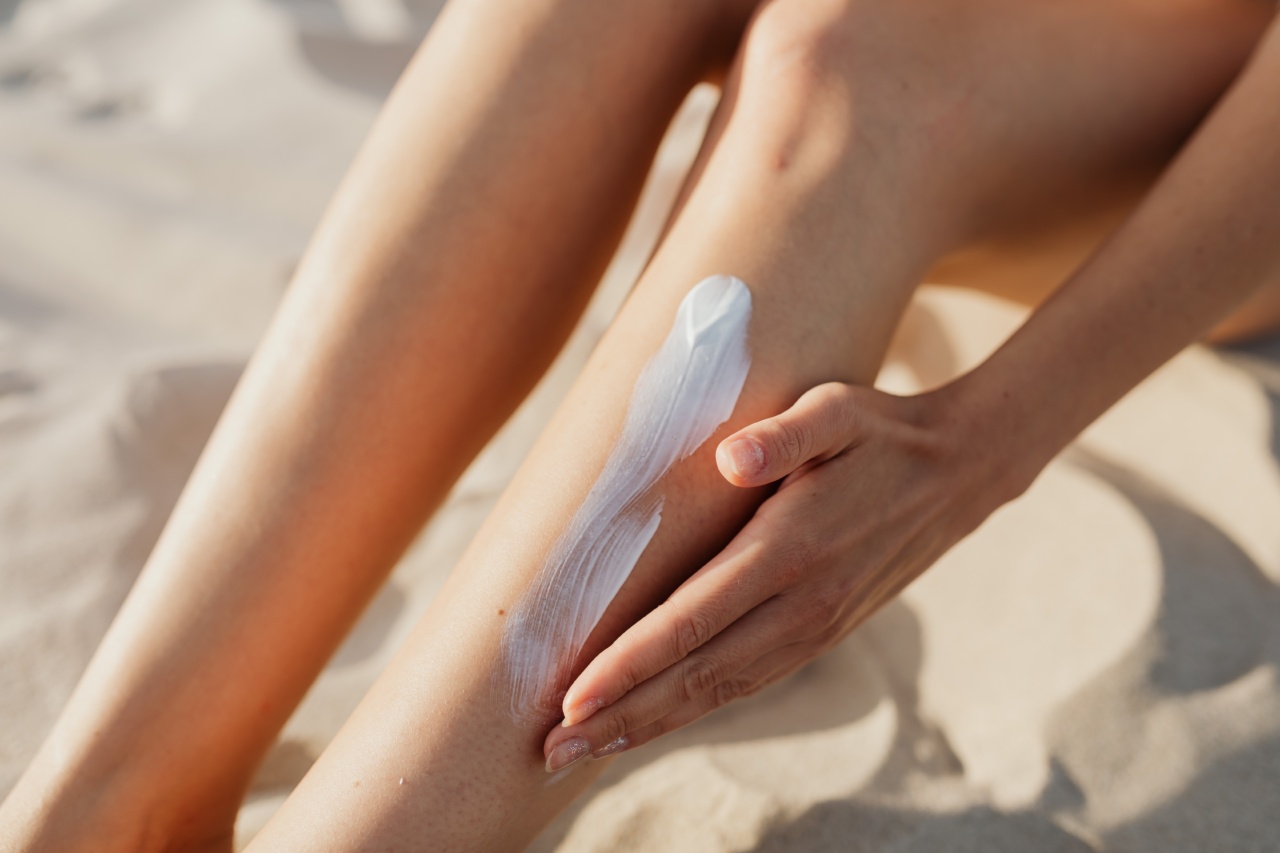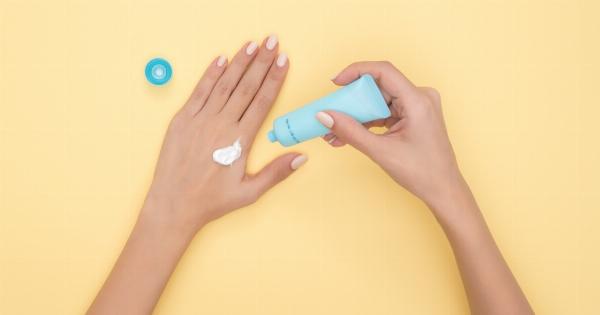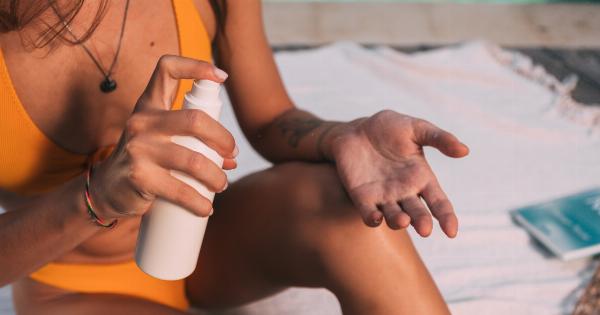As we all know, protecting our skin from the sun’s harmful rays is extremely important. Not only does it contribute to preventing skin cancer, but it also helps to prevent premature aging and sunburns.
However, with so many different types of sun protection products available, it can be overwhelming to decide which one is best for you. In this article, we will break down the pros and cons of using spray, lotion, and stick sunscreens to help you make an informed decision.
Spray Sunscreen
Spray sunscreens are a popular choice for many people, especially parents with young children. One of the main advantages of spray sunscreen is that it can be applied quickly and easily, without the need for rubbing it in.
This makes it a great option for squirmy kids who don’t want to sit still. Spray sunscreens also tend to be less greasy than lotions, making them more comfortable to wear.
Another advantage of spray sunscreen is that it is convenient to carry around. You can easily slip a small bottle into your purse or beach bag, making it easy to reapply throughout the day.
This is important, as most sunscreens need to be reapplied every 2-3 hours to maintain their effectiveness.
However, spray sunscreen does have some downsides to consider. One issue is that it can be difficult to ensure complete coverage. It is often hard to see where you have already sprayed, and it can be easy to miss spots.
This can lead to uneven protection and an increased risk of sunburn or skin damage.
Another consideration is the potential inhalation of the product. When you spray sunscreen onto your skin, some of the particles can become airborne and be inhaled. This can be a concern, especially for those with respiratory issues.
To minimize this risk, it is recommended that you spray the sunscreen onto your hands, then apply it to your face.
Lotion Sunscreen
Lotion sunscreen is a classic option that has been around for years. It is a good choice for those who want to ensure complete coverage and don’t mind spending a bit more time rubbing it in.
One advantage of lotion sunscreen is that it is easier to see where you have already applied it. This can help you avoid missing any spots.
Another advantage of lotion sunscreen is that it tends to be more moisturizing than sprays. This can be beneficial for those with dry skin, or for use on areas that are prone to dryness, such as the face, hands, and feet.
However, lotion sunscreen can be greasy and take longer to absorb into the skin. This can be uncomfortable, especially in hot weather. Lotion sunscreens are also more difficult to apply to squirmy children, as they require more rubbing in.
Additionally, they can be more cumbersome to carry around in a beach bag or purse.
Stick Sunscreen
Stick sunscreen is a lesser-known option that has become more popular in recent years. It is a good choice for those who want precise coverage, as it can be applied directly to the skin in specific areas.
This can be especially helpful for protecting sensitive areas such as the nose, ears, and lips.
Another advantage of stick sunscreen is that it is less messy than lotions or sprays. It won’t spill or leak in your beach bag, and won’t leave your hands greasy or sticky.
Additionally, stick sunscreens tend to be fragrance-free, making them a good choice for those with sensitive skin.
One downside of stick sunscreen is that it can be more difficult to apply in larger areas, such as the arms and legs. It also takes longer to apply than sprays and can be difficult for young children to use.
Conclusion
The type of sunscreen you choose ultimately depends on your individual needs and preferences. If you are looking for quick and easy application, spray sunscreen might be your best choice.
If you want complete coverage and don’t mind spending a bit more time applying it, lotion sunscreen might be the better option. If you want precise protection and a less messy application, stick sunscreen might be the way to go.
Regardless of which type of sunscreen you choose, it is important to use it regularly and reapply every 2-3 hours for optimal protection.
Remember, protecting your skin from the sun’s harmful rays is one of the best things you can do for your overall health and well-being.





























